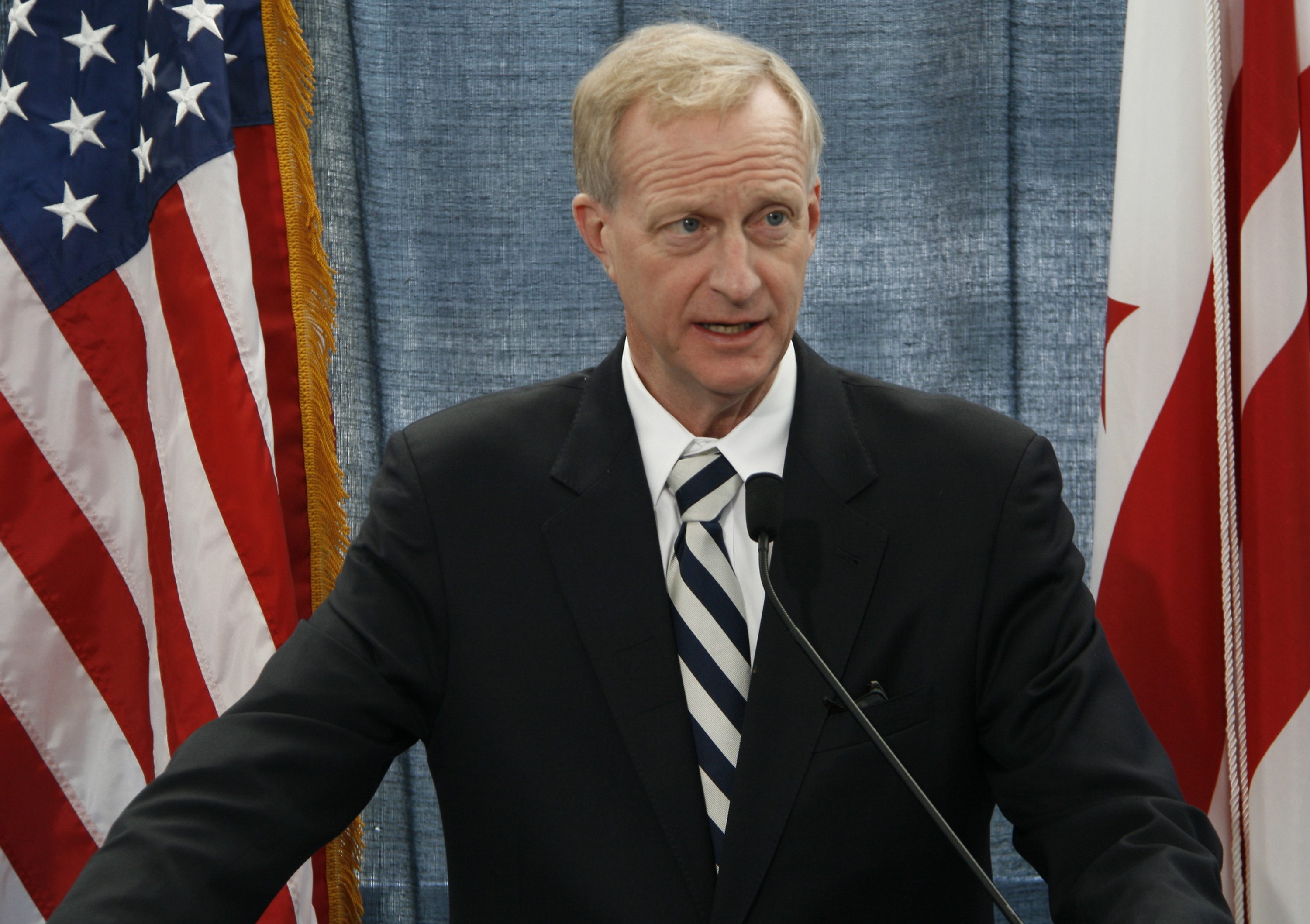For 10 glorious days in January, Ward 2 and D.C. were rid of Jack Evans. Now, Evans is running for his old seat, and a split field of Democrats threatens to reelect him. It is up to them and the voters to send Evans packing.
Georgetown’s former member of the D.C. Council had been investigated twice for ethics violations. As chairman of the board of WMATA, D.C.’s public transit authority, Evans failed to report his conflicts of interest. When that information became public, Evans agreed to leave his post as chairman at the end of his term. After the Council’s investigation, which started after WMATA’s became public, the entire Council voted to move toward expelling Evans. And still, he refused to resign.
Since Evans joined the Council in 1992, he has represented an older, more pro-business strain of D.C. politics than many of his colleagues. These investigations revealed that business dollars had infected his politics. Evans took money in exchange for information and the influence he had built over a three-decade career in D.C. politics.
On the cusp of expulsion, more than a month after the Council moved toward removal, he resigned on Jan. 17, already talking about running again. And once again, Evans’s name will appear on the ballot, running in the special election to fill the seat on the Council he just vacated.
Evans’s most potent threat comes from the five Democrats who are running against him. But because there are so many candidates, Evans has a chance of squeaking by a divided electorate. For the sake of keeping Evans out of his old seat, the candidates should coordinate and coalesce behind one campaign. The Democrats must make sure voters understand the risks of supporting an underdog instead of someone who poses a stronger challenge to Evans. His corruption stretches from his service on the Council to his time on WMATA’s board. Now is our chance to end it, and we must not let it pass.
Evans served as chairman of the board of WMATA from 2015 until 2019. From the start, Evans took an interest in parking. But WMATA’s 2019 investigation revealed that a parking company had been paying him and that he had taken official actions on that company’s behalf.
In 2015, Laz Parking won a contract with WMATA to operate some of the authority’s parking operations. Before long, Evans started questioning the propriety of the bid process Laz had won. He asked WMATA’s inspector general for a reinvestigation of the process after the first one did not vindicate him. When that investigation failed to return the result he wanted, he asked for yet another. Meanwhile, the CEO of Colonial Parking, a competing parking company, was paying him $50,000 a year for “consulting” services.
Evans acknowledged that Colonial “prompted” his attempts to discredit Laz, the investigation report says. By his own admission, he sold his influence to a private company and didn’t put his clients on his financial disclosure forms.
WMATA’s code of ethics bars this kind of pay-for-play and even the appearance that there might be a conflict of interest. He deceived his colleagues and the public and used his office to extract money from companies eager to win public business. After The Washington Post leaked a report from the WMATA investigation in June 2019, Evans agreed to leave his position with WMATA at the end of his term as chairman. But on the Council, he carried on like nothing had changed.
Following the WMATA scandal, the Council launched its own investigation. A flood of new examples of corruption emerged. Without listing his clients so that he would be forced to recuse himself from public business, Evans took at least $400,000 in consulting fees. In one instance, he accepted 200,000 shares of stock in Digi Media, which operates digital signs and media in the District, and then proposed legislation that would benefit the company. According to the report, Evans says he later returned the stock.
As his corruption was exposed, Evans’s Council allies abandoned him. Eventually, the Council voted unanimously on Dec. 3 to proceed toward expulsion. Before he could be expelled, he resigned.
While there are five other Democrats running for Evans’s old post, there is no clear leader. In a twist that stuns no one but should enrage us all, Evans—by the sheer power of name recognition—is the leading contender for the Council seat he vacated not even one month ago. His opponents are both his biggest threat and his way back to the Council. Their first priority must be denying Evans reelection.
They must not let an intra-party scuffle return Evans to the Council. Voters must be willing to compromise, to vote for their second choice candidate if necessary, to make sure Evans will not return to public office. Only with a touch of selflessness can these five candidates extend Jack Evans’s ten-day exile into a future free from his corruption.







